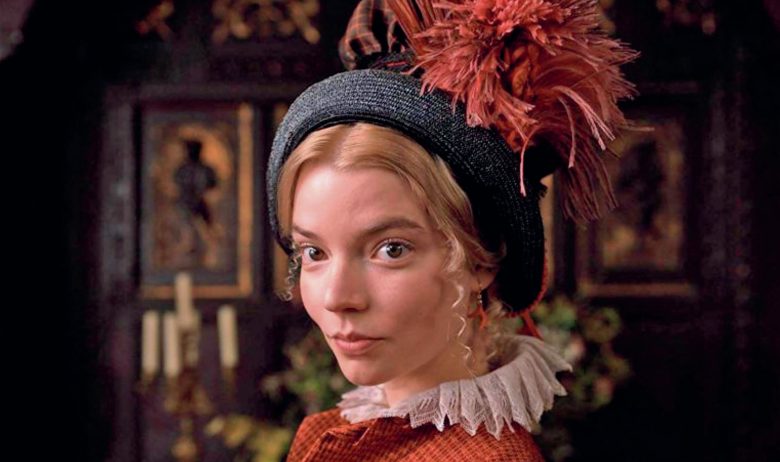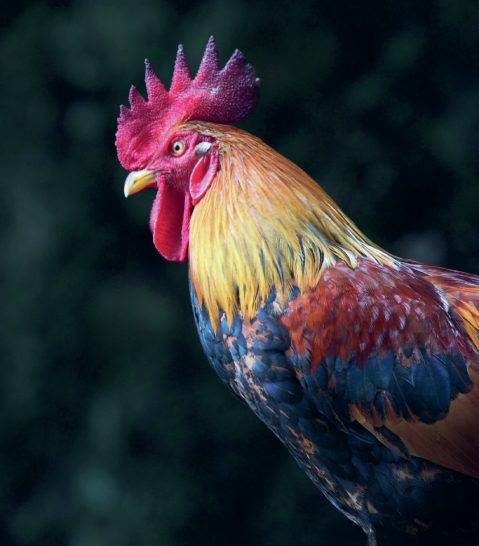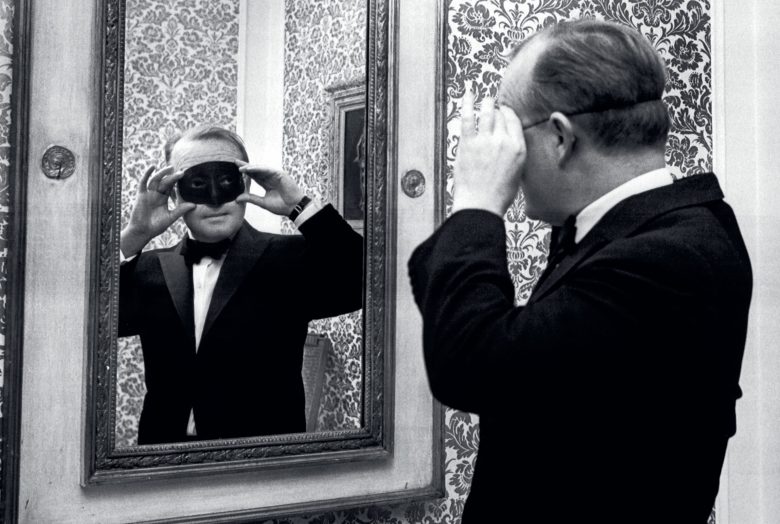
In literature morality is often quite simple for us to understand, largely because the concepts of good and bad that the authors use are drawn from recognisable Judaeo–Christian belief. The moral intent of many literary texts is easy for readers to grasp due to its familiarity. However, characters are sometimes depicted behaving in ways that seem puzzling to us. How can the apparently self-destructive actions of Flamineo and Vittoria in John Webster’s play The White Devil make any sense to the audience? Similarly, in William Shakespeare’s Hamlet, what is ‘good’ about the title character’s murder of his stepfather? And in Henrik Ibsen’s play A Doll’s House, is it morally correct that at the conclusion Nora is shown effectively abandoning her children? All these dramatic events could be regarded as morally ‘bad’, but it’s unlikely that the authors of these plays intended audiences to respond in quite this way. These three texts have this in common: they do not conform to typical Christian views of what is morally ‘correct’ yet propose a different and less identifiable kind of interpretation of what constitutes virtuous behaviour.
Despite being separated by time, it could certainly be argued that these three plays problematise the conventional moral response, which can be explored further through the Ancient Greek concept of ‘aretê’. The problem with the word ‘aretê’ is that we do not have an equivalent term in modern English. The twentieth-century classicist H. D. F. Kitto explains that the nearest contemporary word is possibly ‘virtue’, but that:
Your organisation does not have access to this article.
Sign up today to give your students the edge they need to achieve their best grades with subject expertise
Subscribe




